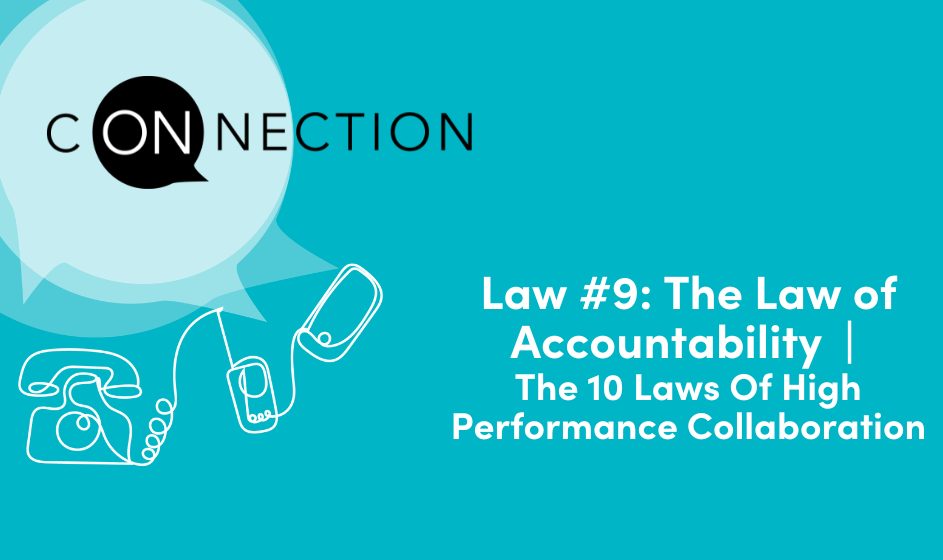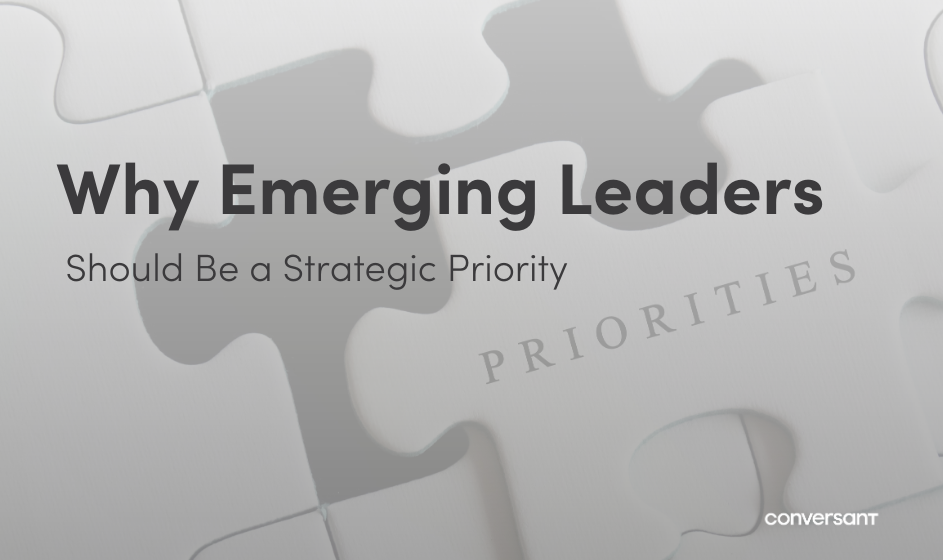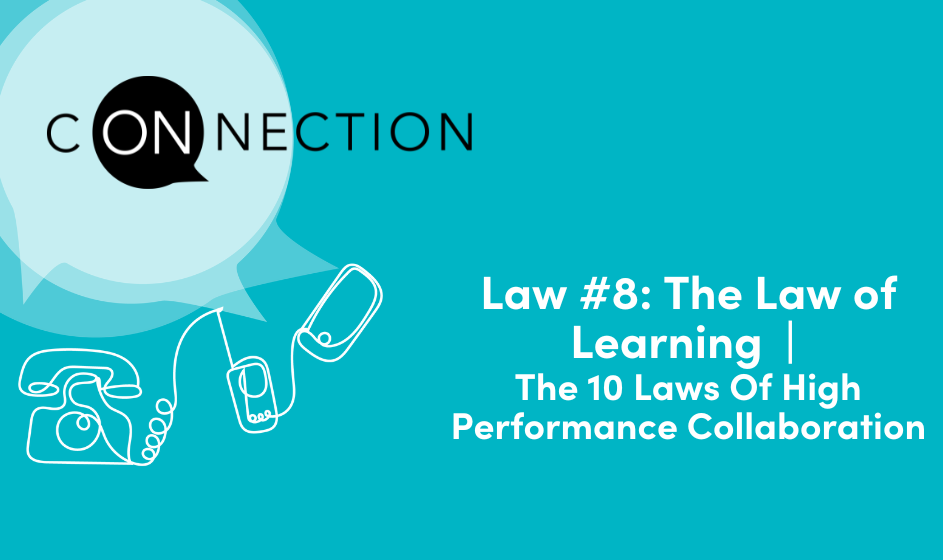There’s an old saying: “If you’ve got one foot on yesterday and one foot on tomorrow, you’re pissing on today.” What can feel nefarious about this adage is that, oftentimes, we don’t even recognize when we’re in this situation and we blame the “rain”. Our colleague Roger likes to say that “we’re always present to something.” But how do we choose what we’re present to?
One of the first steps is awareness. If you don’t realize that you’re attending to regrets in the past or hypotheticals in the future, there’s no room for choice. One trick for becoming more aware is to attend to your language. How often are you using phrases that start with “If only…”, “I should have…”, “I wish that…” or “It will never…”? These may seem harmless, yet they offer a glimpse into the direction of our attention. When we wish for something to be different, we are regretting the unchangeable past. When we preclude events from happening without even lifting a finger, we may be overwhelming ourselves with an ambiguous future.
These phrases typically accompany feelings of being stuck, frustrated and hopeless. And rightly so! Trying to change the past is folly and trying to perfectly predict the future is just as futile, as we’re learning so deeply these days. It’s easy to blame our environment and other external factors for our challenges, but when we play victim to them, we really are powerless. Do we want to feel like this? Is it productive? Are we contributing in a positive way to our teams and our organizations? To our close relationships? Likely not. Without a requisite shift in attention, this wasteful thought spiral is likely to continue. When we become aware, we can unstick ourselves from this pattern of thought, giving us an opportunity to make a conscious choice about what we focus on and what action we take.
Awareness brings us the opportunity to choose. We often quote Victor Frankel when teaching this principle:
[blockquote author=”” link=”” target=”_blank”]“Between stimulus and response there is a space. In that space is our power to choose our response. In our response lies our growth and our freedom.”e[/blockquote]
So how do we choose how to respond? It’s as simple as asking yourself one question:
What is it time for now?
Asking this question focuses attention toward the present moment. It releases anxieties about the things we cannot change and the things we cannot know yet, allowing for an accurate reflection of current circumstances. What do we know? What resources are available to us right now? Who can we ask to be creative and thoughtful about this challenge with us? Rather than analyzing past mistakes or focusing all our energy on trying to find certainty about what might happen down the road, we make ourselves available to timely, effective and purposeful action that harnesses our collective brilliance.
You can practice this in your meetings at work. Do your conversations feel longer and more tedious than they need to be? Do people use the phrases “If only…”, “We should have…” or “It’ll never…”? In your next meeting try this simple experiment and see how it goes. When you experience this spiral, ask this question:
“Assuming everything we’re saying is true. What is it time for now?”
Our learnings from the past and our educated predictions about the future may have a role to play, but asking this simple question forces us to only include the pieces that inform what is needed right now. Rather than being sources that overwhelm and clutter our conversations, they become tools for purposeful and timely action.
If you try this out, let us know how what changes for you and your team. I have a hunch you’ll be surprised by the results you get.




